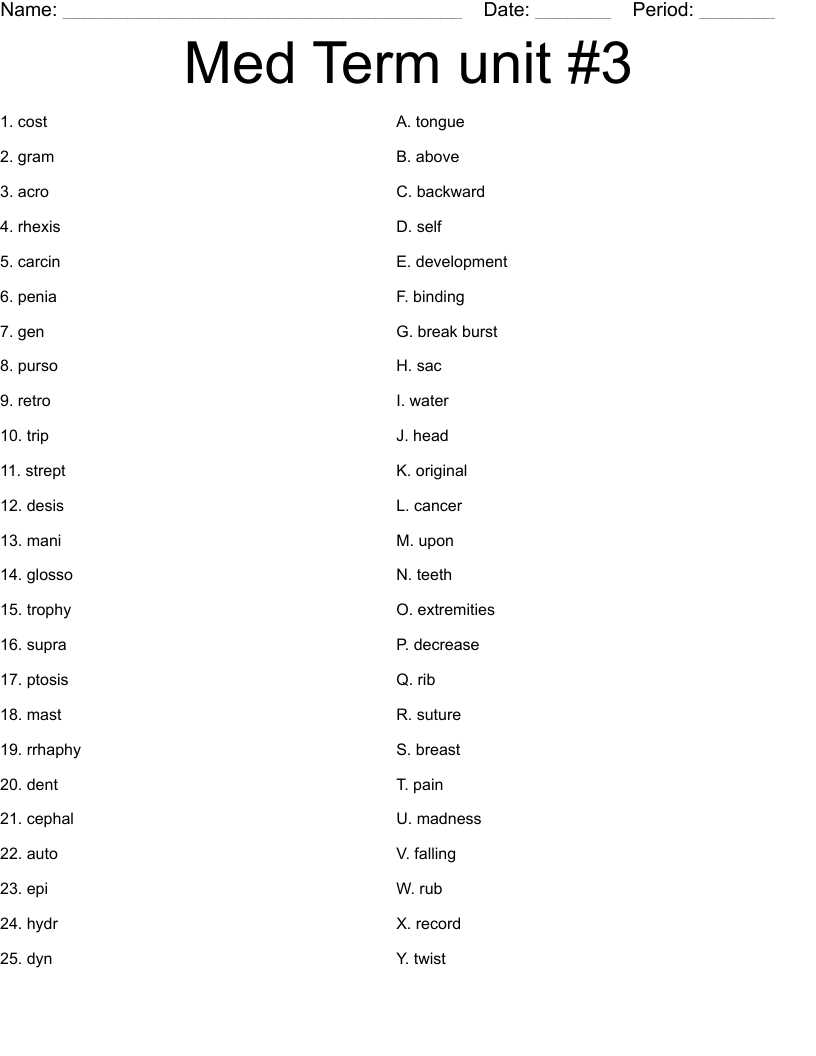
Understanding the language used in healthcare settings is crucial for success in your upcoming evaluation. This section aims to guide you through the essential steps and strategies for mastering key concepts, ensuring you’re well-prepared when the time comes to demonstrate your knowledge. From building a solid foundation to refining your skills, we will cover everything you need to know.
Successful preparation relies on focusing not only on memorization but also on comprehension. Identifying patterns and recognizing how various terms are constructed will allow you to approach the assessment with confidence. By breaking down complex terms into more manageable components, you can enhance your ability to recall and apply them effectively.
In the following sections, we will provide helpful tips, study strategies, and resources to make your review more efficient and effective. Whether you’re looking for practice exercises or learning techniques, these insights will equip you with the tools you need to excel.
Healthcare Vocabulary Assessment Preparation Tips
Preparing for a vocabulary-based assessment in the healthcare field requires more than just memorizing words. A strategic approach can help you retain and apply essential terms more effectively. The key is to understand the structure of the language and recognize how terms are used in real-world contexts.
Here are some practical tips to help you prepare:
- Start early – Give yourself enough time to learn the material in manageable chunks. This will help you avoid cramming and reduce stress.
- Practice with flashcards – Use flashcards to test your knowledge of terms and their meanings. The repetition will help reinforce your memory.
- Focus on root words – Understanding the root of a term often gives you clues about its meaning. This can make it easier to deduce unfamiliar terms.
- Group similar terms – Organizing words into categories, such as conditions, treatments, or anatomy, can help you remember related terms together.
- Use context – Try to learn terms in context by reading articles or watching videos that use the vocabulary in real-life scenarios.
Additionally, practicing with previous assessments or sample questions can help familiarize you with the format and test your readiness. Take the time to review any areas where you’re struggling and ask for help if needed.
By following these tips, you’ll be better equipped to tackle the challenges and perform confidently during your evaluation.
Essential Terms to Know for the Test
Familiarity with key vocabulary is vital for success in any assessment related to healthcare language. In this section, we will focus on the most important terms and concepts you need to understand. Mastering these words will allow you to navigate complex questions with ease and confidence.
Basic Word Components
Many terms in the healthcare field are built from common components that you can break down to understand their meanings. These include:
- Prefixes – These modify the meaning of the root word, often indicating time, location, or quantity (e.g., “hypo-” meaning below or less).
- Root Words – The core of the term, which usually describes a body part, condition, or procedure (e.g., “cardio” meaning heart).
- Suffixes – These modify the root word to describe a condition or action (e.g., “-itis” meaning inflammation).
Common Medical Conditions and Procedures
Understanding the most frequently encountered conditions and procedures will help you answer many questions correctly. Focus on terms related to:
- Diseases and disorders – Be sure to familiarize yourself with common conditions like “arthritis,” “asthma,” and “diabetes.”
- Body systems – Study terms related to systems such as the “respiratory,” “cardiovascular,” and “nervous” systems.
- Treatments and procedures – Recognize terms associated with medical procedures like “surgery,” “diagnosis,” and “therapy.”
Focusing on these fundamental terms will provide you with a solid foundation for understanding more complex concepts and performing well in the assessment.
Key Strategies for Effective Studying
Effective studying is essential for mastering the complex vocabulary and concepts required for success in any healthcare-related assessment. The approach you take can significantly impact your retention and understanding. By employing the right strategies, you can enhance your ability to absorb and apply key terms efficiently.
Here are some proven methods to improve your study sessions:
| Strategy | Benefit | How to Implement |
|---|---|---|
| Active Recall | Strengthens memory retention | Test yourself regularly on key terms without looking at notes. |
| Spaced Repetition | Improves long-term retention | Review material at increasing intervals, such as every day, then every few days. |
| Mind Mapping | Helps visualize relationships | Create diagrams linking related concepts, terms, and definitions. |
| Group Study | Enhances understanding through discussion | Join a study group to quiz each other and discuss difficult concepts. |
| Multisensory Learning | Engages multiple senses for deeper learning | Combine reading with audio or visual aids like videos and flashcards. |
Incorporating these strategies into your study routine will help you retain information more effectively and approach your assessment with greater confidence. Be sure to tailor your study plan to your personal learning style for the best results.
How to Master Complex Healthcare Vocabulary
Mastering advanced vocabulary in the healthcare field requires more than memorization; it involves understanding the structure and meanings behind each term. By breaking down complex words into manageable parts, you can unlock their meanings and apply them more confidently in various contexts.
Breaking Down Terms

One of the most effective ways to understand complicated terms is by dissecting them into smaller components. Many terms are made up of roots, prefixes, and suffixes, each providing valuable clues about the word’s meaning. For example:
- Root words represent the core meaning of the term, such as “cardi-” for the heart.
- Prefixes modify the root word’s meaning, such as “hyper-” meaning excessive or above normal.
- Suffixes describe an action or condition, like “-ology” meaning the study of.
Contextual Learning
Another effective method for mastering complex vocabulary is to learn terms within context. By seeing how words are used in real-world scenarios, you can better understand their application and nuances. Consider the following techniques:
- Read medical articles to see terminology in action and understand how terms are used to describe conditions, treatments, and procedures.
- Watch videos where experts explain medical concepts, allowing you to hear pronunciation and usage of terms in practical settings.
- Use flashcards that include both the definition and example sentences to reinforce comprehension.
Through consistent practice and applying these methods, you’ll gradually build a deep understanding of complex terms, enabling you to use them accurately and confidently.
Common Mistakes to Avoid During the Assessment
While preparing for a healthcare vocabulary test, it’s important to not only focus on what to study, but also on how to approach the test itself. Many individuals make simple yet impactful mistakes that can negatively affect their performance. By understanding these common pitfalls, you can avoid them and increase your chances of success.
One of the most frequent mistakes is misinterpreting the question. It’s easy to read too quickly and think you understand what’s being asked, only to realize later that you missed key details. Always take the time to read each question carefully, paying close attention to any specific instructions or qualifiers.
Another common error is failing to manage time effectively. Some students spend too much time on difficult questions and leave themselves with insufficient time for others. Practice pacing yourself during study sessions to build a sense of how much time to allocate to each section during the actual assessment.
Lastly, avoid second-guessing yourself too much. Overthinking can lead to unnecessary mistakes. If you’re unsure about an answer, trust your initial instincts and move forward. Revisiting the question later may confuse you further. It’s important to stay calm and focused throughout the process.
Understanding Prefixes and Suffixes
In the field of healthcare vocabulary, prefixes and suffixes play a crucial role in determining the meaning of complex terms. By understanding how these parts of words function, you can more easily break down unfamiliar terms and grasp their significance. Recognizing common prefixes and suffixes will enhance your ability to understand and use new words effectively.
Prefixes are placed at the beginning of a word to modify its meaning. They often indicate aspects such as location, time, number, or negation. For example:
- Hypo- means below or less than normal (e.g., hypoglycemia – low blood sugar).
- Hyper- means above or excessive (e.g., hypertension – high blood pressure).
- Anti- means against (e.g., antibiotic – a substance that fights infections).
Suffixes, on the other hand, are added to the end of a word and often indicate a condition, disease, or procedure. For example:
- -itis means inflammation (e.g., arthritis – inflammation of the joints).
- -ectomy refers to the surgical removal of something (e.g., appendectomy – removal of the appendix).
- -ology means the study of (e.g., neurology – the study of the nervous system).
By learning to recognize these common prefixes and suffixes, you can quickly decipher new words and gain a deeper understanding of healthcare language.
Common Root Words in Healthcare Vocabulary
Understanding root words is essential for mastering the complex language used in the healthcare field. Root words serve as the foundation of many terms, providing a core meaning that can be expanded upon by adding prefixes or suffixes. By familiarizing yourself with common roots, you can more easily decipher unfamiliar terms and improve your overall comprehension.
Frequently Used Root Words
Here are some common root words you will encounter in healthcare-related terms:
- Cardi – Refers to the heart (e.g., cardiology – the study of the heart).
- Gastr – Relates to the stomach (e.g., gastritis – inflammation of the stomach).
- Neuro – Refers to nerves or the nervous system (e.g., neurology – the study of the nervous system).
- Hemat – Pertains to blood (e.g., hematology – the study of blood).
- Derm – Refers to the skin (e.g., dermatitis – inflammation of the skin).
How Root Words Enhance Understanding
Recognizing and understanding these root words can greatly enhance your ability to interpret new terms. Many complex medical terms are simply combinations of these roots with various prefixes and suffixes. By breaking down terms into their root components, you can grasp the meaning of even the most complicated words.
- Example: Cardiovascular – “Cardi” (heart) + “vascular” (vessels) = related to the heart and blood vessels.
- Example: Dermatology – “Derm” (skin) + “ology” (study of) = the study of the skin.
Learning these root words is a key strategy for mastering healthcare language and navigating complex vocabulary with confidence.
Organizing Your Study Sessions
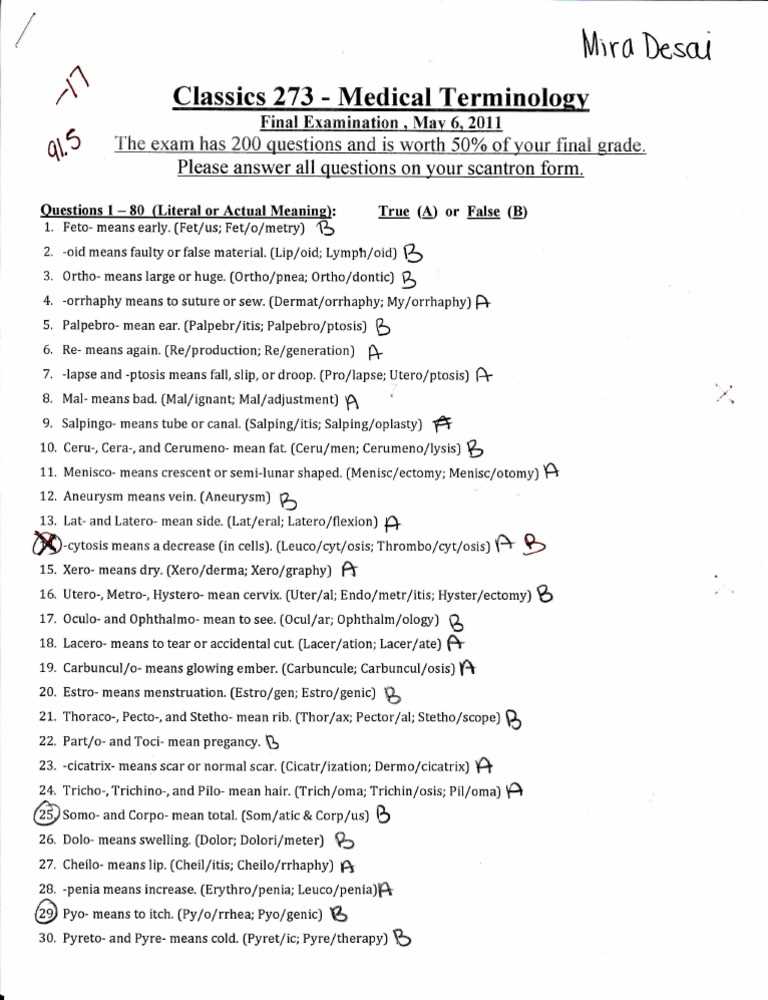
Efficiently organizing your study sessions is crucial for mastering the complex vocabulary and concepts needed in healthcare assessments. A well-structured study routine helps to break down large amounts of information into manageable chunks, ensuring that you stay focused and retain key terms effectively. Setting clear goals and maintaining consistency throughout your preparation can significantly improve your learning outcomes.
Steps for Effective Study Organization

Follow these steps to structure your study sessions for maximum effectiveness:
- Set Specific Goals – Begin by defining clear and achievable goals for each study session. For example, focus on mastering a set number of terms or concepts within a specific timeframe.
- Prioritize Difficult Topics – Start with the most challenging material to ensure that you devote enough time to mastering it while your focus is sharp.
- Take Regular Breaks – Incorporate short breaks during study sessions to avoid burnout and improve focus. The Pomodoro technique (25 minutes of study followed by a 5-minute break) is highly effective.
- Use Active Learning Methods – Engage with the material actively by quizzing yourself, using flashcards, or discussing concepts with others.
Time Management Tips
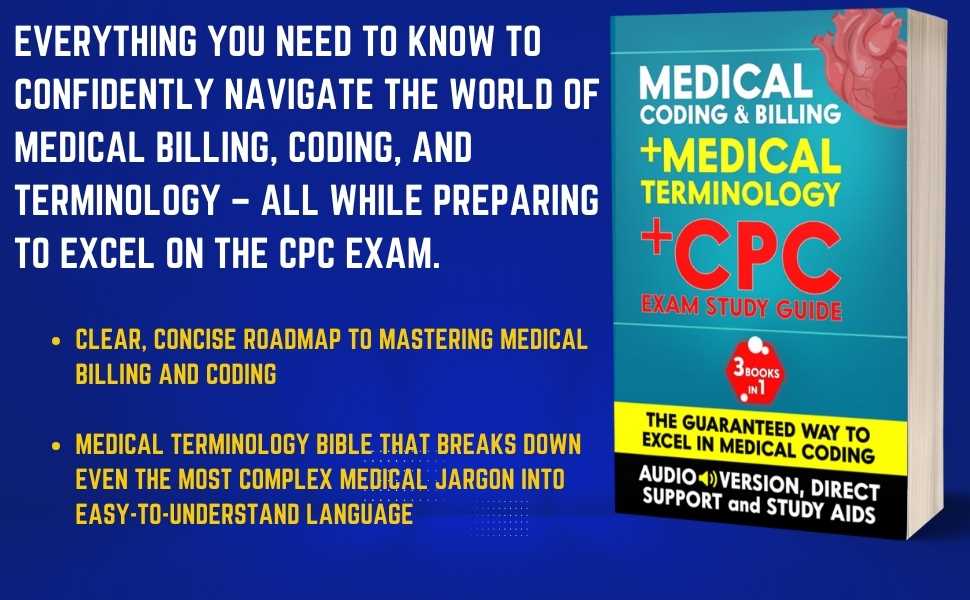
Effective time management is key to making the most of your study sessions. Here are a few strategies to consider:
- Create a Study Schedule – Break your study time into blocks, and allocate specific topics to each block. This helps ensure you cover all necessary material without feeling overwhelmed.
- Avoid Multitasking – Focus on one task at a time to improve concentration and retention. Multitasking can lead to mistakes and confusion.
- Track Your Progress – Keep track of your progress to stay motivated. Celebrate small victories, such as mastering a set of terms or completing a challenging section.
By organizing your study time effectively and using active learning techniques, you will be better prepared to tackle your healthcare-related assessments with confidence and success.
How to Improve Retention of Terms
Improving your ability to retain complex terms and concepts is key to succeeding in any healthcare-related assessment. Effective retention strategies not only help you memorize definitions but also enable you to understand how to apply those terms in context. By using targeted techniques, you can significantly enhance your memory and recall abilities.
Effective Retention Techniques
Here are some strategies to improve how well you retain and recall important terms:
- Chunking – Break down long lists of terms into smaller, more manageable groups. By focusing on a few related terms at a time, you can increase the likelihood of remembering them.
- Spaced Repetition – Review the material at increasing intervals. This method takes advantage of the brain’s natural forgetting curve, helping to reinforce long-term memory.
- Visualization – Create mental images or diagrams to associate with terms. This adds a visual element to the material, making it easier to recall.
- Mnemonics – Develop memory aids, such as acronyms or rhymes, to remember complex terms or sequences.
Using Active Recall
Active recall is a powerful method for boosting retention. This technique involves testing yourself rather than passively reviewing the material. Below is a simple table outlining ways to apply active recall during your study sessions:
| Strategy | Example |
|---|---|
| Flashcards | Write the term on one side and the definition on the other side, then quiz yourself regularly. |
| Self-Quizzing | Ask yourself questions based on the material you’ve studied to test your knowledge without looking at notes. |
| Group Study | Study with peers and quiz each other to reinforce understanding and recall. |
By incorporating these techniques into your study routine, you’ll improve your ability to retain essential terms and concepts, ensuring better performance in assessments.
Utilizing Flashcards for Quick Review
Flashcards are an excellent tool for reinforcing key terms and concepts during your study sessions. Their simplicity and effectiveness make them ideal for quick reviews and active recall, allowing you to focus on essential information in a compact format. Regular use of flashcards can significantly improve memory retention and help you quickly assess your understanding of difficult terms.
To get the most out of flashcards, try the following techniques:
- Create Concise Cards – Write a term or concept on one side and its definition, explanation, or example on the other side. Keep the information clear and to the point for efficient studying.
- Focus on Problem Areas – Use flashcards to review the most challenging terms or concepts that need extra attention. Prioritize difficult areas to strengthen your overall understanding.
- Shuffle Regularly – Regularly shuffle the cards to prevent memorizing the order rather than the content. This helps improve your ability to recall terms in any context.
- Use Flashcards for Active Recall – Instead of passively reading through the cards, actively quiz yourself by trying to recall the definition or concept before flipping the card. This method strengthens long-term memory.
Flashcards are an efficient way to reinforce your knowledge in a time-effective manner, making them an invaluable part of your study routine.
Test-Taking Strategies for Success
Effective strategies during the assessment can significantly improve your performance. It’s important to approach the test with a clear plan, manage your time wisely, and stay calm under pressure. By adopting the right strategies, you can maximize your ability to recall key terms and concepts, ultimately enhancing your chances of success.
Pre-Test Preparation
Preparation doesn’t end when the test begins. The work you do before the test plays a crucial role in your performance. Follow these steps to ensure you are fully prepared:
- Review Key Concepts – Focus on the most important material and concepts that are likely to appear. Review your notes, flashcards, and practice questions.
- Get Plenty of Rest – Ensure you get a good night’s sleep before the test. Rest is vital for memory retention and cognitive function.
- Stay Hydrated and Eat Well – Avoid distractions during the test by fueling your body properly with water and healthy snacks.
During the Test
When the test begins, stay focused and use strategies to navigate through the questions efficiently:
- Read Questions Carefully – Ensure you understand each question before answering. Look for keywords that guide you to the correct response.
- Manage Your Time – Allocate time for each section and don’t spend too much time on one question. If you’re unsure, move on and return later.
- Eliminate Incorrect Options – When faced with multiple-choice questions, eliminate any obviously incorrect answers to improve your chances of selecting the right one.
- Stay Calm and Confident – If you feel anxious, take a deep breath and refocus. Confidence can positively impact your performance.
By following these strategies, you will feel more prepared, less stressed, and more likely to succeed in your assessment.
Resources for Additional Practice
To further enhance your understanding and retention of essential concepts, it is important to utilize a variety of resources outside your regular study materials. These tools can provide extra practice, help reinforce difficult concepts, and offer a deeper understanding of the subject matter. With a mix of digital and traditional resources, you can expand your learning experience and improve your proficiency.
Online Platforms and Apps
There are numerous online platforms that offer interactive exercises and quizzes designed to reinforce key concepts. These tools allow you to test your knowledge, track progress, and focus on areas that need improvement:
- Quizlet – A widely used tool for creating custom flashcards and quizzes, ideal for self-testing and quick reviews.
- Anki – A powerful spaced repetition software that helps you memorize terms through flashcards, optimizing your study sessions.
- Khan Academy – Offers free courses with in-depth explanations and exercises, great for mastering fundamental concepts.
Books and Printed Resources
In addition to online resources, printed study guides and textbooks are invaluable tools for learning. Many books provide practice exercises, real-world examples, and detailed explanations to support your studies:
- Study Guides – Books that focus on common terms and their meanings, with ample practice questions and case studies to deepen your understanding.
- Textbooks – Standard reference materials that cover core concepts in great detail, often featuring review questions at the end of each chapter.
By utilizing a mix of these resources, you will be able to reinforce your knowledge and feel more confident as you progress in your studies.
Breaking Down Difficult Terms
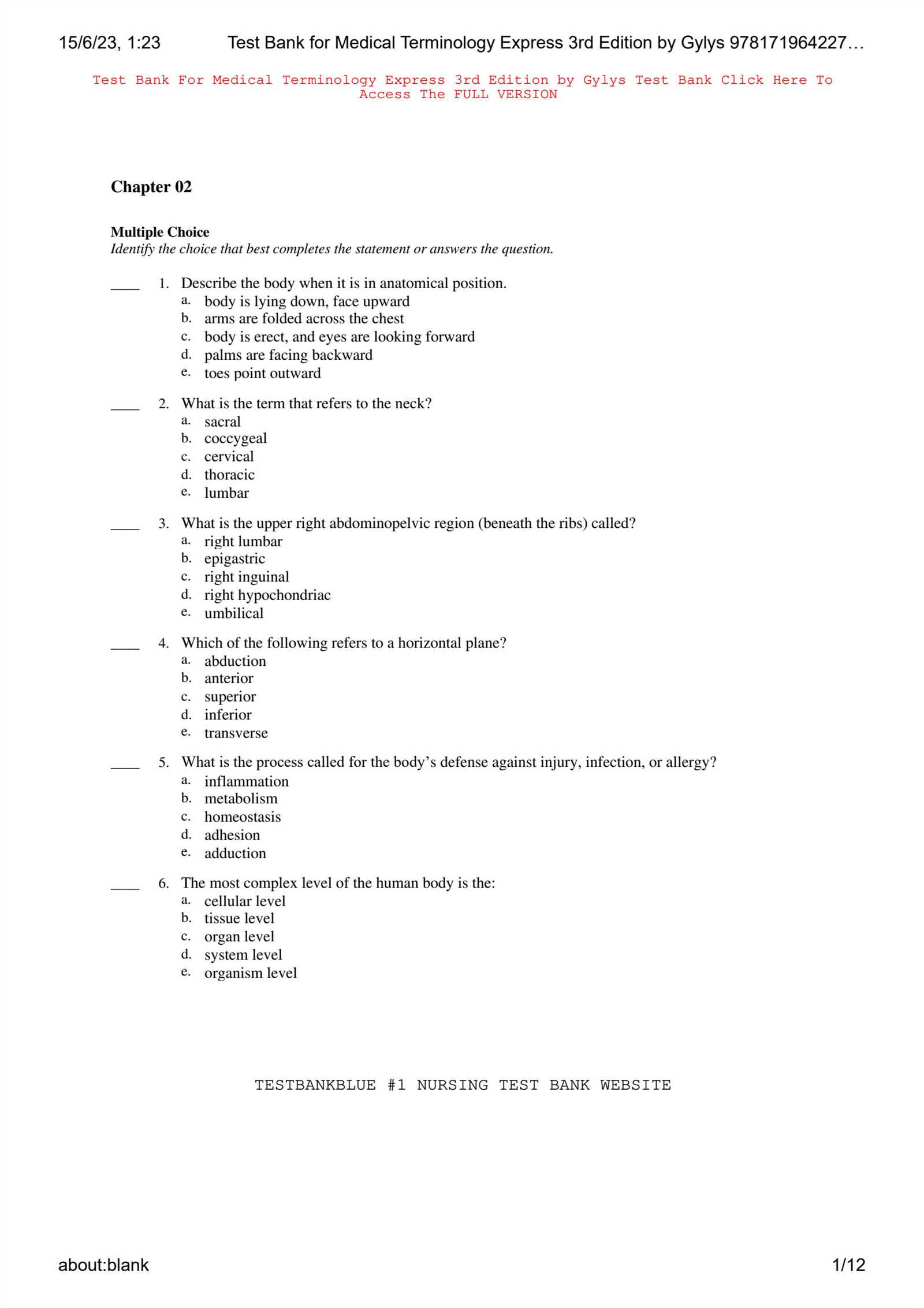
When faced with complex or unfamiliar terms, it’s important to break them down into smaller, more manageable parts. Understanding the components of a term, such as its root, prefix, and suffix, can make it easier to comprehend and remember. This method allows you to decode even the most complicated words, enhancing both your understanding and retention.
Start by identifying the core of the term, the root word, which often carries the main meaning. Then, analyze the prefix, which typically indicates location, time, or quantity, and the suffix, which usually denotes a condition or procedure. By familiarizing yourself with common roots, prefixes, and suffixes, you can make educated guesses about new terms you encounter.
For example, the term “cardiovascular” can be broken down as follows:
- Cardio – refers to the heart
- Vascular – relates to the blood vessels
By using this approach, you can significantly improve your ability to tackle complex terms and apply your knowledge to various contexts with confidence.
How to Deal with Exam Anxiety
Feeling anxious before an important assessment is a common experience, but it’s essential to manage that anxiety so it doesn’t hinder your performance. With the right techniques, you can stay calm, focused, and confident throughout the process. Understanding the sources of stress and applying strategies to alleviate them can significantly improve your overall experience and results.
Relaxation Techniques
One of the most effective ways to combat anxiety is through relaxation techniques that help calm both your mind and body. Practices such as deep breathing, progressive muscle relaxation, and mindfulness can reduce stress and enhance focus. By incorporating these into your study routine, you’ll feel more prepared and less overwhelmed during the actual assessment.
- Deep Breathing – Slow, deep breaths can lower your heart rate and reduce feelings of anxiety.
- Mindfulness Meditation – Focusing on the present moment can clear your mind and increase concentration.
Preparation and Planning
Effective preparation is one of the best ways to ease anxiety. When you are well-prepared, you feel more confident and in control. Break your study sessions into manageable blocks, and ensure that you review material consistently over time rather than cramming all at once. Organizing your study time and setting realistic goals can significantly reduce stress levels.
- Study in Intervals – Use techniques like the Pomodoro method to keep your sessions productive without burnout.
- Prioritize Weak Areas – Focus on topics you find more challenging, so you feel confident when faced with them.
By adopting these strategies, you can effectively manage anxiety and perform at your best when it matters most.
Understanding the Format of the Assessment
To succeed in any important test, it’s essential to have a clear understanding of its structure. Knowing the type of questions, the time constraints, and the topics covered can help you prepare effectively and approach the task with confidence. Familiarity with the format allows you to anticipate what will be asked and plan your study sessions accordingly.
The assessment typically includes a variety of question types, such as multiple-choice, true or false, matching, and short-answer questions. Each of these requires a slightly different approach, so it’s important to practice each format to ensure you’re well-prepared for anything that might come your way. Additionally, the test may be divided into sections, with each focusing on a different area of knowledge.
Understanding the time limits for each section can also reduce anxiety. Practice under timed conditions so you can develop a sense of pacing and make sure you’re able to complete all sections within the given time frame.
By reviewing past tests, practicing with sample questions, and getting familiar with the format, you’ll be in a strong position to approach the assessment with confidence and composure.
Reviewing Previous Assessment Questions
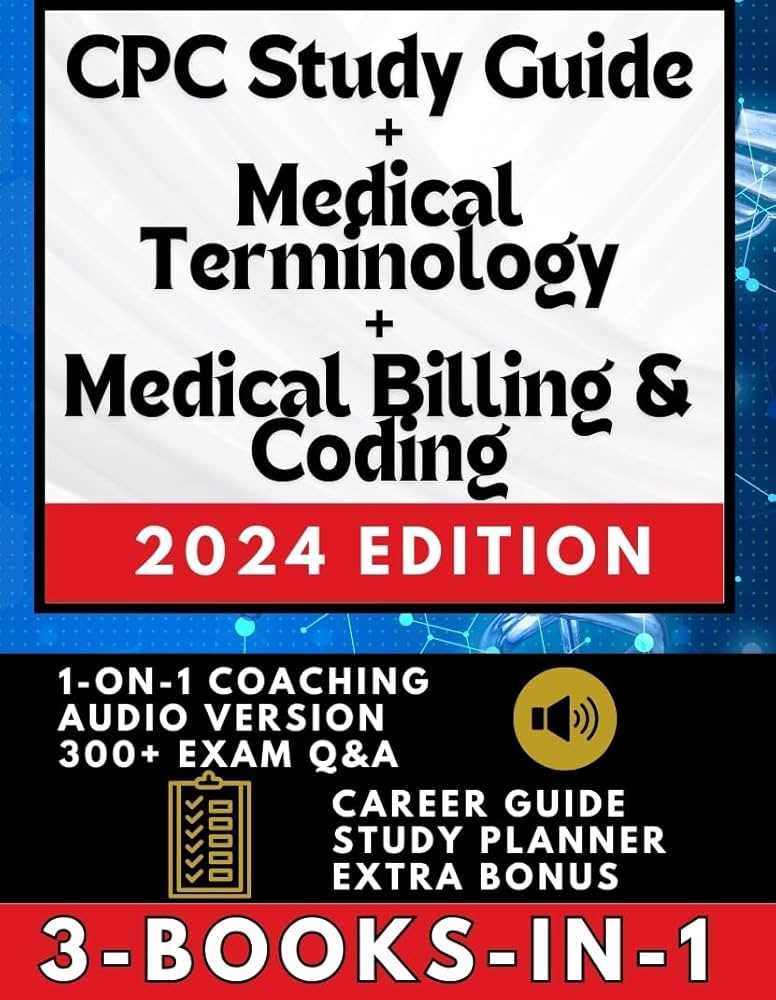
One of the most effective ways to prepare for an upcoming test is to review questions from previous assessments. By analyzing past questions, you can identify patterns in the types of content that are frequently tested, as well as the structure of the questions themselves. This can give you valuable insight into how to approach the current test.
Reviewing previous questions also helps you gauge the level of detail required in your responses. Some topics may require in-depth knowledge, while others may only need a basic understanding. Familiarizing yourself with the format and typical question structure will make you more comfortable when it’s time to take the test.
Benefits of Reviewing Previous Questions
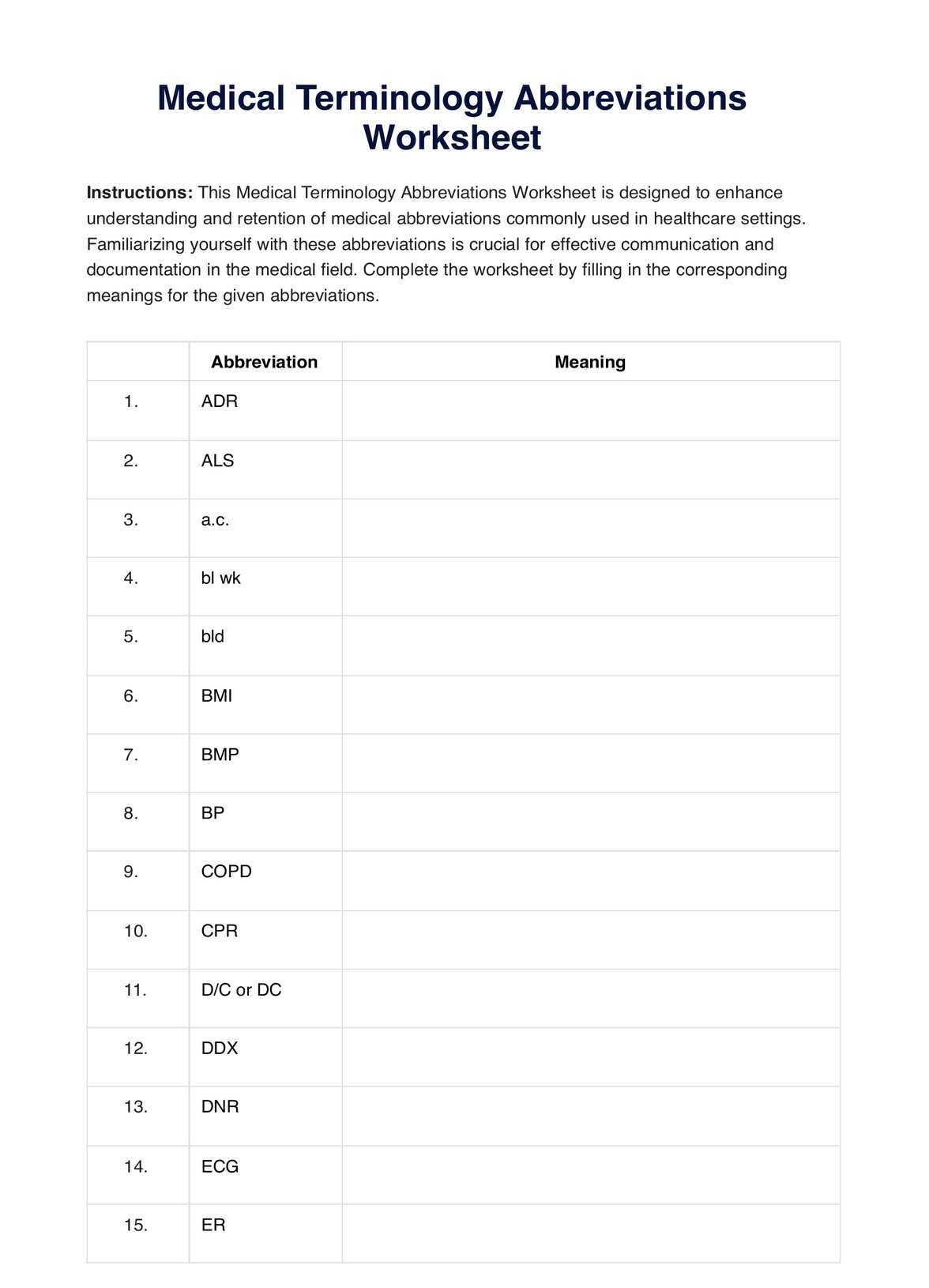
- Familiarization with Question Types: By seeing the types of questions that frequently appear, you’ll know what to expect on the upcoming assessment.
- Understanding Key Themes: Reviewing past assessments helps you recognize recurring topics and themes, allowing you to focus your study efforts on high-priority areas.
- Improving Time Management: When practicing with previous questions, you can time yourself to ensure you’re able to complete the test in the allotted time.
How to Effectively Review Past Questions
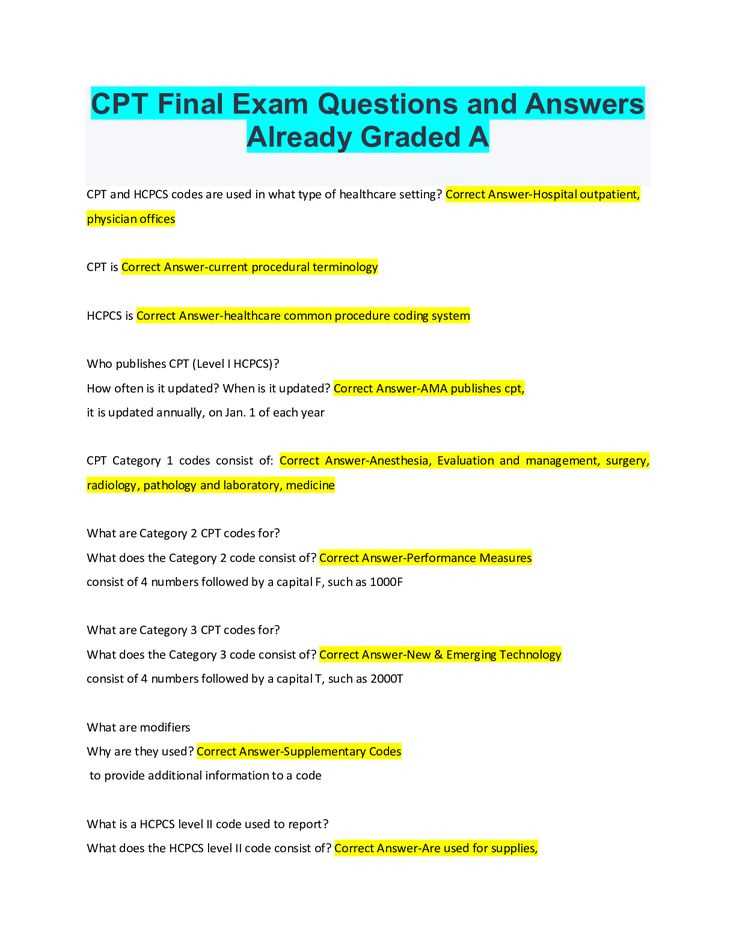
- Start by going over the most recent assessments, as they are most likely to reflect the current test format.
- Take note of any areas that seem to be consistently covered and prioritize these topics in your review sessions.
- Practice answering questions within the given time constraints to build confidence and improve your pacing.
- Review incorrect answers and make sure you understand why the correct response was chosen.
By incorporating this strategy into your study routine, you can greatly enhance your preparation and increase your chances of success. Consistent review of previous assessments will give you a significant advantage, as it helps you become familiar with the test’s structure and content.